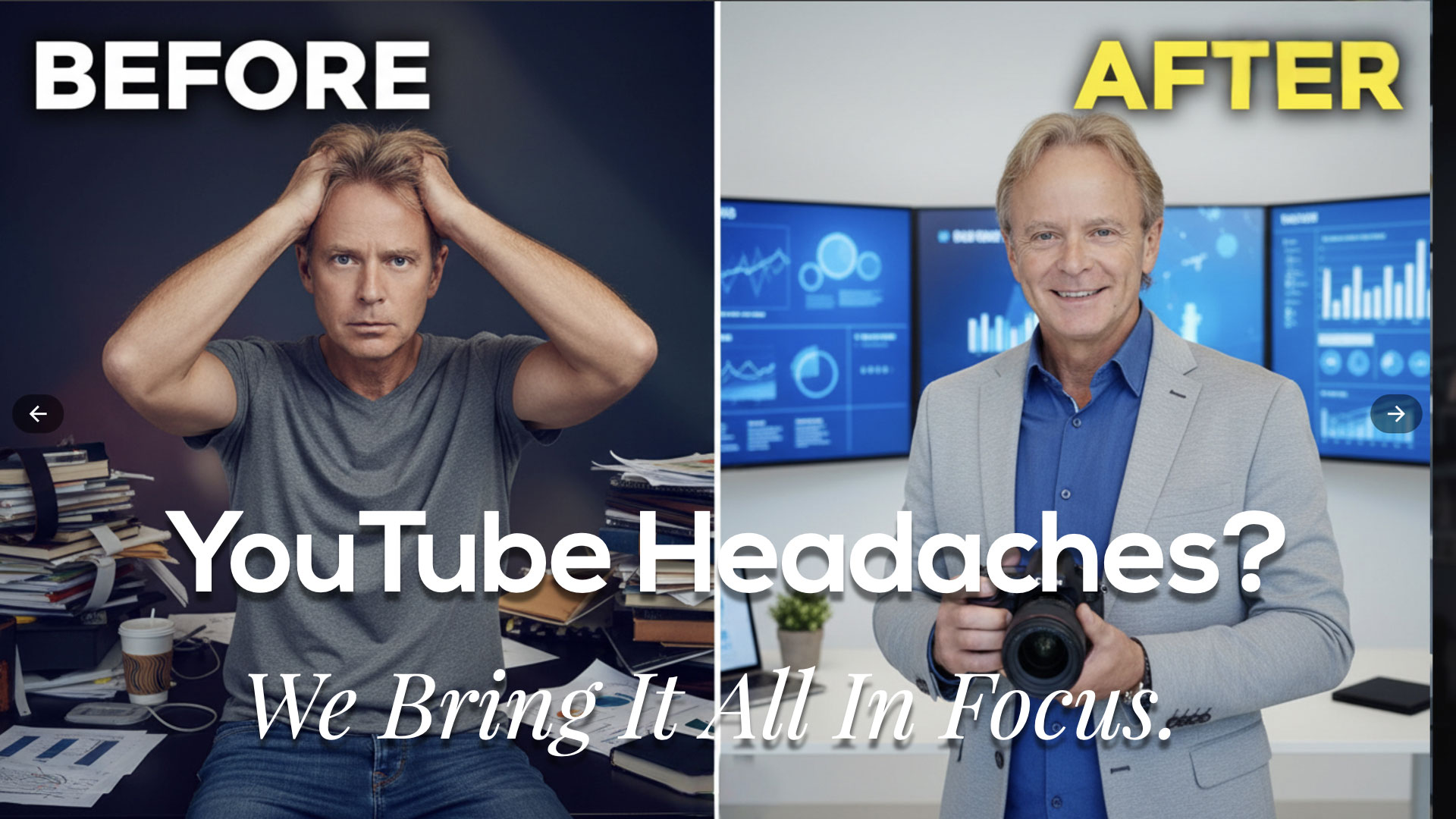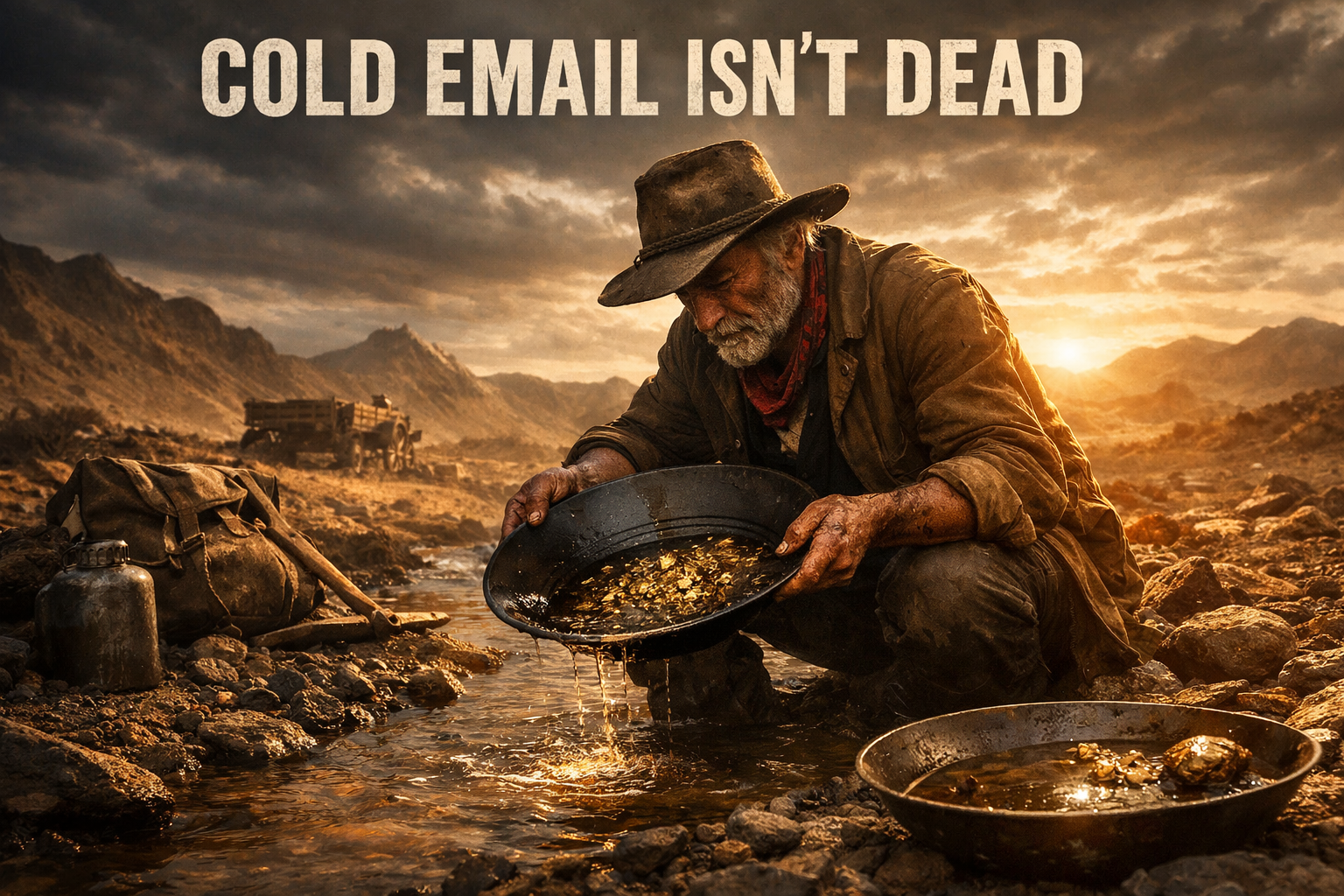Over four billion people connect and share online through social media platforms every day. This digital web shapes how we talk, learn, and build relationships in ways that reach far beyond our local circles. Making sense of its core principles and understanding the different types of platforms helps businesses and individuals use these tools with greater impact and confidence.
Table of Contents
- Defining Social Media And Core Concepts
- Major Social Media Platform Types Explained
- How Social Media Algorithms And Feeds Function
- Building Engagement And Online Presence
- Common Risks, Mistakes, And Compliance Issues
Key Takeaways
| Point | Details |
|---|---|
| Understanding Core Concepts | Social media is a crucial platform for communication and business engagement, providing tools for content sharing and user interaction. |
| Diverse Platform Types | Different social media platforms serve specialized purposes, necessitating tailored strategies for effective marketing and audience engagement. |
| Algorithm Insights | Knowledge of social media algorithms and content ranking is essential for optimizing engagement and reaching targeted audiences. |
| Risk Management | Businesses must navigate compliance and ethical considerations to protect brand reputation and ensure a safe online presence. |
Defining Social Media and Core Concepts
Social media represents a digital ecosystem where individuals and businesses connect, communicate, and share content through internet-based platforms. According to NIU, social media websites and applications enable people to interact and exchange information in real time, transforming how we communicate and consume content.
Social networking fundamentally revolves around creating virtual connections that transcend geographical boundaries. As Global Youth Wharton explains, these platforms generate expansive networks where users actively participate by creating, sharing, and consuming digital content. Whether you’re posting a photo, sharing a blog entry, or commenting on a friend’s status, you’re engaging in the dynamic world of social media.
Core components of social media platforms typically include:
- User profiles with personal or business information
- Content sharing capabilities (text, images, videos)
- Interactive features like comments and reactions
- Networking and connection mechanisms
- Real-time communication tools
For businesses, social media represents more than just a communication channel. It’s a strategic platform for brand building, customer engagement, market research, and targeted marketing. Understanding these platforms’ mechanics and user behaviors can transform how companies connect with their audience, making social media an indispensable tool in modern digital marketing strategies.
Major Social Media Platform Types Explained
Social media platforms have evolved into diverse ecosystems catering to different communication styles and audience needs. According to University of Rochester, the landscape includes popular platforms like Facebook, Twitter, Instagram, YouTube, Snapchat, LinkedIn, and TikTok, each offering unique features and engagement opportunities for businesses and individuals.
Social media channels represent distinct digital environments with specialized purposes. As UMN Communications highlights, these platforms can be strategically utilized for marketing and communication efforts. We can categorize them into several primary types:
Here’s a summary of major social media platform types and their primary features:
| Platform Type | Examples | Core Features |
|---|---|---|
| Professional Networking | Business profiles Resume sharing B2B connections |
|
| Visual Content | Instagram TikTok YouTube |
Photo/video sharing Stories and Reels Video tutorials |
| Community & Conversation | Facebook X (Twitter) |
Comments & reactions Groups & threads Real-time chat |
Professional Networking Platforms
- LinkedIn: Business-focused professional networking
- Opportunity for B2B connections
- Resume and professional profile sharing
Visual Content Platforms
- Instagram: Image and short video sharing
- TikTok: Short-form video content
- YouTube: Long-form video content and tutorials
Community and Conversation Platforms
- Facebook: Wide-ranging social connections
- X (Twitter): Real-time public conversations
- Reddit: Specialized community discussions
Understanding each platform’s unique strengths allows businesses to craft targeted strategies that maximize engagement and reach their specific audience demographics.
![]() The key is not being everywhere, but being strategic about platform selection based on your business goals and target market.
The key is not being everywhere, but being strategic about platform selection based on your business goals and target market.

How Social Media Algorithms and Feeds Function
Social media algorithms are complex computational systems designed to curate personalized content experiences for users. As noted by William & Mary, platforms like Instagram have moved beyond chronological feeds, instead prioritizing content that appears most ‘interesting’ to individual users based on sophisticated analytical models.
Content ranking involves multiple sophisticated factors that determine what appears in a user’s feed. These algorithms analyze user behaviors such as:
- Engagement history (likes, comments, shares)
- Time spent viewing specific content types
- Relationship with content creators
- Recency of posts
- User interaction patterns
Platforms like Facebook provide robust tools for content management and distribution. According to University of Maine, features such as Facebook Live and Facebook Business Manager enable more sophisticated content sharing and audience targeting strategies.
The primary goal of these algorithmic systems is to maximize user engagement by presenting content most likely to capture and retain attention.
For businesses, understanding these mechanisms means creating content that not only looks appealing but also triggers the specific engagement signals that algorithms prioritize. This requires a strategic approach that goes beyond simple posting and demands genuine, interactive, and valuable content that resonates with target audiences.
Building Engagement and Online Presence
Online presence is more than simply having social media accounts. According to SAMHSA, platforms like Facebook offer diverse opportunities for engagement, including sharing news, announcements, event highlights, photos, community conversations, and relevant content that connects with your audience.
Key Strategies for Building Digital Engagement
- Consistent and authentic content creation
- Regular interaction with followers
- Timely responses to comments and messages
- Strategic use of multimedia content
- Understanding platform-specific audience behaviors
Businesses can leverage social media as a comprehensive communication hub. As Department of Homeland Security notes, platforms like Facebook can function as effective ‘landing pages’ for frequently asked questions and critical information distribution.
Successful engagement requires a multifaceted approach. This means moving beyond passive posting to creating interactive, value-driven content that sparks genuine conversations. Your social media strategy should focus on building relationships, not just broadcasting messages. By understanding your audience’s preferences, pain points, and interests, you can craft content that resonates, encourages sharing, and ultimately transforms followers into loyal brand advocates.
Common Risks, Mistakes, and Compliance Issues
Navigating social media for business requires a strategic approach that balances creativity with legal and ethical considerations. According to Association of American Colleges and Pharmacies, organizations must carefully define and implement policies that outline acceptable social media platform usage and potential areas of institutional scrutiny.
Key Compliance and Risk Areas
- Data privacy and protection
- Intellectual property rights
- Content moderation guidelines
- Brand reputation management
- Regulatory compliance across different platforms
Accessibility is a critical yet often overlooked aspect of social media management. As University of Maine recommends, businesses should ensure all visual content includes alt text for images and closed captions for videos, making their digital presence inclusive and compliant with accessibility standards.
Potential risks in social media management extend beyond technical compliance. Businesses must be vigilant about potential pitfalls such as:
- Inappropriate or offensive content
- Miscommunication of brand messaging
- Unintentional disclosure of sensitive information
- Inconsistent brand voice across platforms
- Rapid reputation damage from viral negative interactions
Proactive risk management involves developing comprehensive social media guidelines, training employees on best practices, implementing robust content review processes, and maintaining a consistent, authentic brand voice that resonates with your target audience while avoiding potential legal and reputational hazards.
Unlock the Full Potential of Social Media for Your Business
Navigating the complex world of social media algorithms and audience engagement can feel overwhelming. This guide clearly shows how important it is to understand platform mechanics, create authentic content, and avoid costly mistakes that harm your brand reputation. If you struggle with turning social channels into real results or worry about compliance and consistent messaging, you are not alone.
At Appture Digital Media, LLC, we specialize in transforming your social media presence into a powerful business asset. With over a decade of experience, our team offers expert social media management combined with stunning custom web design and strategic search marketing to maximize your return on investment. We help Texas businesses stop overpaying for underperforming services and start building genuine engagement that truly connects with their audience.

Ready to stop spinning your wheels and start seeing measurable results? Visit Appture Digital Media to discover how our tailored solutions can elevate your brand strategy and grow your digital footprint. Don’t let social media challenges hold you back—partner with us today and experience a new level of marketing success.
Frequently Asked Questions
What is social media and why is it important for businesses?
Social media is a digital ecosystem where individuals and businesses connect and share content through various platforms. It’s crucial for businesses as it serves as a strategic channel for brand building, customer engagement, and targeted marketing.
How do social media algorithms work?
Social media algorithms are computational systems that curate content to maximize user engagement by analyzing factors like user interaction history, content recency, and engagement patterns. They help determine what content appears in a user’s feed based on their individual behaviors.
What are the main types of social media platforms?
The main types of social media platforms include professional networking (e.g., LinkedIn), visual content (e.g., Instagram, TikTok, YouTube), and community & conversation platforms (e.g., Facebook, Twitter, Reddit). Each has unique features suited for various engagement strategies.
How can businesses build engagement on social media?
Businesses can build engagement by consistently creating authentic content, interacting regularly with followers, responding promptly to comments, and utilizing multimedia to enhance their posts. Understanding the audience’s preferences is key to fostering genuine conversations.
Recommended
- 20 Popular Social Media Sites Where Your Brand Can Shine – Appture Digital ~ 855 Get Bizz
- TikTok SEO: The Ultimate Guide – Appture Digital ~ 855 Get Bizz
- TikTok SEO: The Ultimate Guide – Appture Digital ~ 855 Get Bizz
- Marketing Channels: 12 Key Options With Pros And Cons – Appture Digital ~ 855 Get Bizz
- Understanding the Role of Social Media in SEO
- 7 Content Curation Strategies Every Business Owner Needs – My Blog



